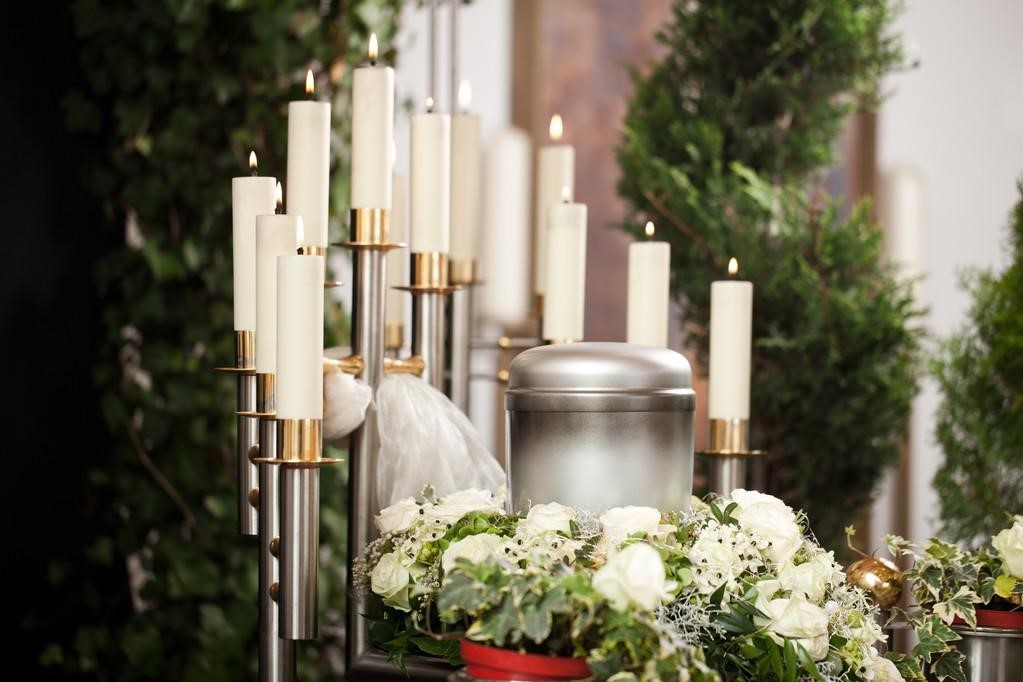The funeral service is an important part of the grieving process. It is a time to say goodbye to a loved one and celebrate their life. Funeral services can be religious or non-religious, and they can be traditional or non-traditional. No matter what kind of funeral service you choose, it should be a meaningful and personal experience for you and your family.
Types of funeral services
When a loved one dies, it is natural to want to honor their life in a special way leaving most to use a top Singapore funeral service. There are many different types of funeral services that can be tailored to the unique individual. Here are some of the most popular types of funeral services:
1) Traditional Funeral Service: This type of funeral service is the most common and includes a visitation period, followed by a funeral service at a church or funeral home chapel. The body is usually present during the visitation and funeral service.
2) Cremation with Memorial Service: In this type of service, the deceased is cremated and there is no viewing or visitation period. A memorial service is held in lieu of the funeral service and the cremated remains are usually present during this time.
3) Direct Cremation: With this type of cremation, there is no viewing or visitation period and no formal memorial service. The body is cremated soon after death, without any public ceremonies.
4) Memorial Celebration of Life Service: This type of non-traditional service celebrates the life of the deceased in a more informal setting, such as at a park or banquet hall. There is usually nobody present and friends and family share memories and stories about the person who has died.
Planning a funeral service
When a loved one dies, it is often difficult to know what to do and where to turn. funeral directors are trained professionals who can help you plan a funeral service that is respectful and meaningful.
Here are some things to consider when planning a funeral service:
- Who will officiate the service? This may be a religious leader, family member, or friend.
- What type of service do you want? A traditional religious service, a non-religious ceremony, or something else entirely?
- Where will the service be held? In a church, at the funeral home, or another location?
- What music will be played? Will there be singing? Are there specific songs that are meaningful to you or your loved one?
- Who will speak at the service? Family members, friends, or others who knew the deceased well may wish to share memories or say a few words. The eulogy is typically given by one close to the deceased. It is also common for there to be readings from religious texts or other literature during the service.
- What type of final disposition do you want? This includes things like burial or cremation.
Funeral costs
When a loved one dies, the last thing you want to think about is how much their funeral will cost. Unfortunately, funeral costs can be quite high – and they’re only getting more expensive.

There are several factors that contribute to the high cost of funerals, including the rising price of goods and services, and the increasing popularity of more elaborate ceremonies. For example, many people now opt for cremation rather than burial, which can add to the overall cost.
If you’re worried about how you will cover funeral costs, there are a few options available to help ease the financial burden. Many funeral homes offer payment plans that allow you to spread out the cost over time. You can also look into pre-paying for your own funeral – although this may not be an option if you’re on a tight budget.








